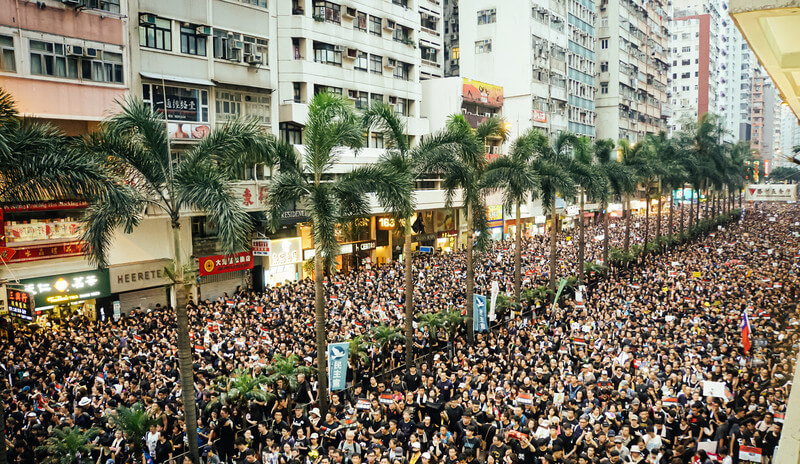Will Hong Kong's financial talent come to Tokyo?
Hello. I'm Mike, a lawyer living in Hong Kong.
Now, Japan is once again in the hot seat to become the financial hub of Asia after China passed the Hong Kong National Security Law in June 2020.
(1) Hong Kong's excellent financial talent flows to other Asian financial cities
(2) Tokyo is one of the financial cities in Asia
(3) Therefore, Hong Kong's financial talent will flow to Tokyo
It's a brilliant three-part argument to turn Tokyo, which is lagging behind Hong Kong and Singapore, into a financial hub for Asia. It looks like they are trying to take advantage of Hong Kong, but I'm not going to dwell on that, but is this really going to happen?
First, the basic premise. "The first premise is that the best financial talent in Hong Kong will flow to other Asian financial cities. In fact, a private banker of my friend was transferred from Hong Kong to Singapore (not Tokyo!). and I have heard of a few other such stories. But even if we exclude the fact that movement is restricted by the Corona, I don't know of any stories of an avalanche of ethnic migration. In fact, my friends in the financial industry tell me that there is no reason for them to leave here just because of the National Security Law. They and other foreign financiers come to Hong Kong because it is an Asian hub for global money management and a gateway to do business in China. Hong Kong has campaigned for democracy, but it has never achieved it. It was a British colony for a long time and then it came under Chinese rule. is like a bonus. Contrary to what is reported in Japan, business in China has always been an important part of Hong Kong's middle class and above, and many of them are supporters of the Guoan Law. In the Japanese and foreign press, there is an overwhelming feeling that Hong Kong's democracy is dead, freedom is gone, and a dark state awaits us in the future. It's true that people are no longer allowed to write anything critical of the government on social networking sites, such as FB and Twitter (there's an urban legend that it's a good idea to write "I Love China" at the beginning of these sites), and that pro-democracy lawmakers and activists have been arrested, but I've heard from Hong Kong businessmen that they are rather relieved that there are no more demonstrations. I've heard many Hong Kong businessmen say that they are rather relieved that there are no more demonstrations. For those of us, including myself, who have lived in the world of the US hegemony, where capitalism, liberalism and democracy are absolute justice, a world where freedom of expression is restricted and democratic elections are not held seems to me to be a pre-modern and underdeveloped society. However, when I look at the world from Hong Kong, a place slightly removed from that world and neither left nor right, I see that democracy is just one political system and that it is not a question of which is right (I would like to write about the collapse of liberal economies in the US and Japan, but that would be a complete digression, so I will change the title). ). China is a one-party dictatorship, but it has also adopted a market economy, which has led to remarkable economic growth, including in the private sector. This means that those of us who work in the business world have business opportunities regardless of whether it is socialism or democracy. In fact, Singapore, another financial hub in Asia and a beacon of national growth, is formally a democracy, but in reality it is a one-party dictatorship, often referred to as a "bright North Korea". Hong Kong, on the other hand, is still very liberal and there is nothing to be pessimistic about. With the Greater Bay Area Initiative (https://www.bayarea.gov.hk/en/home/index.html ), Hong Kong will become more and more interesting. This is my usual conclusion when I talk with my friends over drinks.
It's a long story, so more next time.
→ Next



